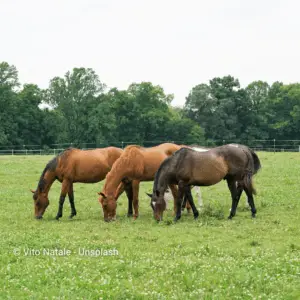
How to Start Grazing Your Horse in Spring
We have summarised everything you need to know about spring turn out to keep your
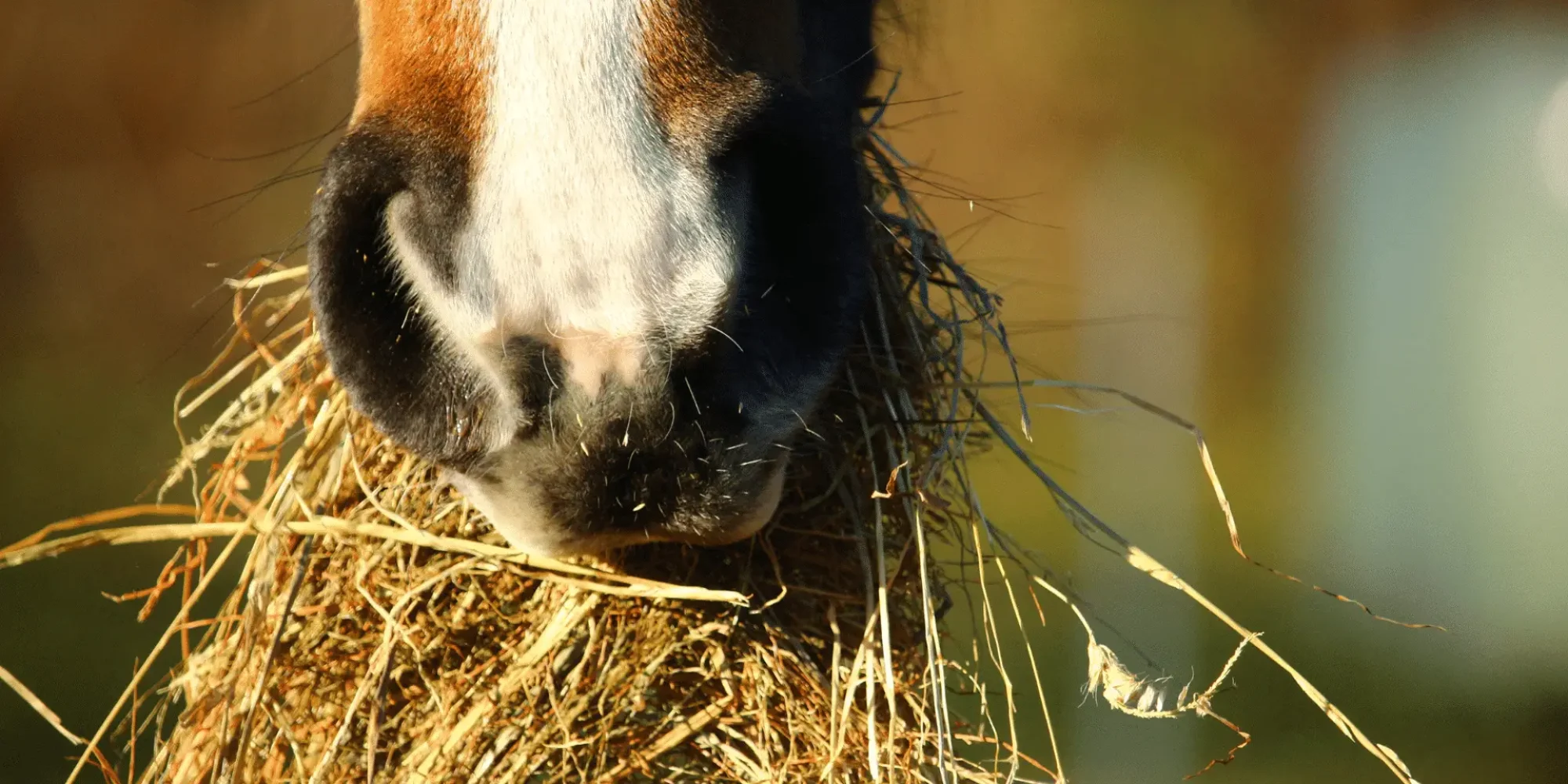
In horse care, it’s often said that unlimited access to hay is the best for a horse’s health. But this general rule doesn’t apply to every horse. While hay is definitely a crucial part of their diet, having it available all the time can lead to issues like weight gain or metabolic disorders. So, how much hay does a horse really need to stay healthy? And why is it important to avoid long gaps between meals?
This article series dives into everything about hay—what makes it so special in a horse’s diet? How much hay is good for my horse? And how can I tell if hay is high-quality?
The ancestors of our domestic horses lived in the steppes and often spent 16 to 18 hours a day searching for and eating food. They constantly consumed small amounts of food while covering countless miles. This is exactly what a horse’s digestive system is designed for: small amounts of food given at regular intervals.
Feeding your horse should be tailored to its individual needs. A medium-sized horse’s stomach holds about 15 to 20 liters, which is relatively small compared to its body size. That’s why it’s important for horses to eat multiple small meals throughout the day. Having hay unlimited 24/7 might seem ideal since the horse can decide when and how much to eat, keeping feeding breaks short. However, the problem is that some horses tend to eat too much when they have unlimited access to hay.
But what does “too much” mean? It’s too much when the energy intake from the hay exceeds the horse’s needs, especially if it’s only lightly worked (light work being around 30 minutes of walking, 20 minutes of trotting, and 10 minutes of cantering) but consumes more than 2 kg of hay per 100 kg of body weight. The excess energy leads to fat gain and weight increase, which can cause further health issues. Overfeeding should be avoided.
If your horse has 24-hour access to hay, check its weight. If the weight is healthy, then all is well, and your horse is lucky to eat whenever it wants.
However, if your horse is overweight, observe how much hay it eats daily and consider how you might ration the hay. But be careful—a crash diet can harm your horse and doesn’t make sense.
Ideally, a horse should be fed four to five times a day, but most of us horse owners can’t manage that. The more frequently a horse is fed, the easier it is to control and reduce the gaps between meals.
With three hay feedings per day, you can adjust the portion sizes to help manage feeding times. For example, you can give a larger portion at night and smaller ones in the morning and midday since the gap between evening and morning is the longest.
The goal is to keep the breaks between feedings short while extending the time the horse spends eating. You can prolong feeding times by using slow feeders like hay nets or hay boxes, or by mixing hay with straw (up to 1 kg of straw per 100 kg of body weight).
Of course, the amount of hay a horse needs depends on the individual horse. However, it’s generally recommended to provide around 1.5 to 2 kg of hay per 100 kg of body weight. So, for a 500 kg horse, that would be 8-10 kg of hay per day.
To determine if your horse is overeating from a 24/7 hay feeder, you can calculate it like this: a horse eats about 1 kg of hay in 40 minutes. If your horse is eating for 16 hours a day, it would be consuming far more than the recommended daily amount.
This article discussed the amount of hay your horse needs and whether a 24-hour hay feeding is suitable. In the next article “Good hay for horses” you’ll learn what makes hay high-quality. Another article in this series “Forage for horses – Hay” covers the characteristics of hay.
Download the Happie Horse App now for free! You can easily input your horse’s feeding plan, including all the quantities, directly into the app. Plus, you can test all the premium features for 7 days at no cost!

We have summarised everything you need to know about spring turn out to keep your
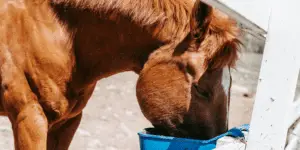
Minerals are of vital importance for horses to ensure health and optimal performance. They play
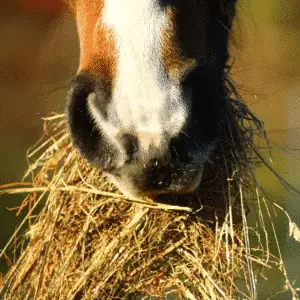
Expert Advice: Kim Lina Pethahn, an independent feed consultant, wrote this article. Having hay available

Vitamins are not only important for us humans, but also for your horse. That’s why
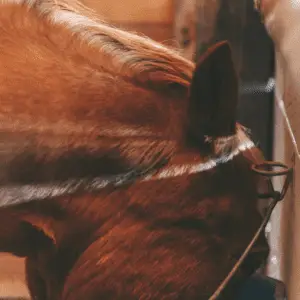
Expert Advice: Kim Lina Pethahn, an independent feed consultant, wrote this article. Valuable and Nutrient-Rich
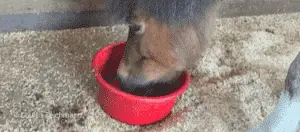
Expert Advice: Kim Lina Pethahn, an independent feed consultant, wrote this article. Offering the Necessities